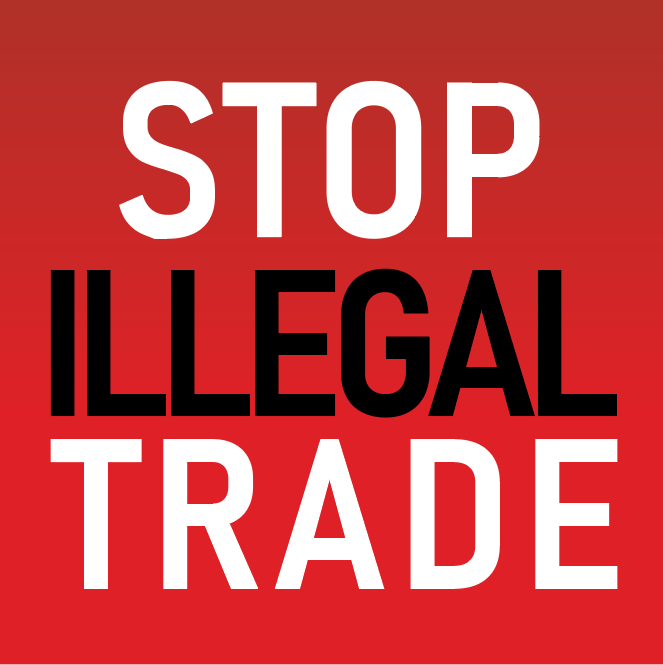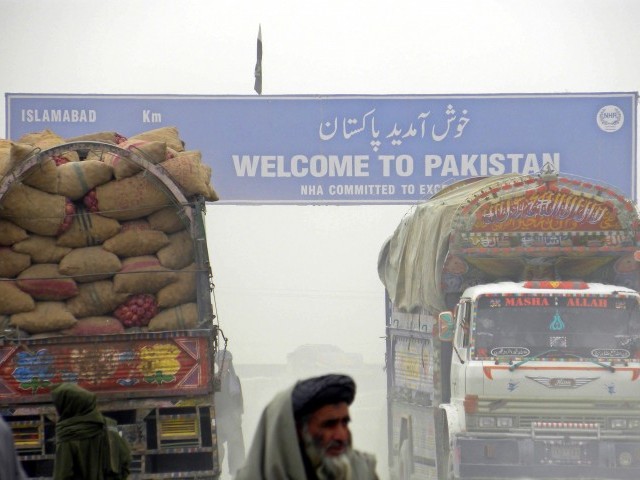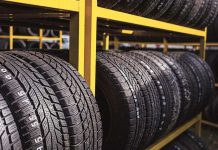Like most developing economies around the world, Pakistan too has suffered greatly from the trade of counterfeit goods. From clothing to smartphones and cigarettes to watches, counterfeit goods have found their way into a majority of Fast Moving Consumer Goods (FMCG) products available in the country today.
2019 was a year of transition, however, as Pakistan made some major moves to battle illegal trade within and from its borders. While there is still much to be done as Pakistan remains one of the top markets for counterfeits, these actions (discussed later in the article) helped Pakistan build a strong reputation as a country that can tackle these issues head-on.
Protecting Intellectual Property
The Directorate of Intellectual Property Rights (IPR) Enforcement was established in 2017 by the Federal Board of Revenue (FBR) in 2019. Its purpose was to work closely with IP right-holders from Europe, North America, and Asia on infringement issues that cost them millions of dollars in lost revenue.
Since becoming operational and up until the first half of 2019, the Directorate of IPR Enforcement helped seized counterfeit goods worth Rs 200 million. These goods were destroyed in ceremonies held in January 2019 and April 2019 in Karachi. Medicines, contraceptives, toothpaste, makeup, watches, perfumes, and toiletries made a significant chunk of the seizures.
The Directorate General of IPR Enforcement also carried out over 36 awareness and training sessions across the country on interdiction of counterfeits.
In addition to this, the Directorate of IPR Enforcement (South) helped seize the largest counterfeit consignment of Toshiba battery cells which were imported by M/s Nafees Traders. Around 3.3 million ‘Tonosheba’ battery cells worth PKR 20 million in market value were seized in Karachi.
Fake medicines still make the rounds in Pakistan, but the government has become more vigilant since the Fake Medicine Crisis of 2012. In November, Islamabad custom officials raided the warehouse of Shaheen Chemist and impounded a large number of fake medicines and supplements. While the exact number was never revealed, this raid was on one of the largest pharmacy chains in the capital.
Another good thing to come out in 2019 was the establishment of WeBOC Electronic Customs Clearance System. It is a one-window, paperless system that streamlines processes in the import and export of goods. Custom clearances, import tariffs, and other regulations are now handled through WeBOC, greatly reducing the dwell time from 7 days to 1 day. While it doesn’t directly impact counterfeit trade, WeBOC does help legitimate businesses partake.
Pakistan Tops the JCO Italy Report
In fact, in October of 2019, it was announced that Pakistan secured the top position at the Joint Customs Operations (JCO) HYGIEA Italy, organised by the European Anti Fraud Office (OLAF) in association with Asia Europe Meeting (ASEM). 38 countries participated from Europe and Asia in a bid to tackle counterfeit trade of FMCG products.
Pakistan secured the position by making 12 seizures, and in second was Malta with 6. European Union Agency for Law Enforcement Cooperation (EUROPOL) and OLAF participated as observer organisations.
Dr. Arslan Subuktageen, the Director-General (DG) of Intellectual Property Rights (IRP) Enforcement said that Pakistan made record seizures of counterfeit goods such as personal care, household, hygiene, cosmetics, health-related and food.
PTA Starts Blocking Smartphones
After much speculation since January of 2019, on 30th April, the Pakistan Telecommunication Authority (PTA) finally started blocking mobile devices that were not registered with the Device Identification Registration and Blocking System (DIRBS). PTA estimated that nearly 3 million counterfeit and smuggled phones were in use in the country.
Since the implementation of DIRBS, mobile phone imports saw a sharp decline from July 2018 to March 2019. Imports of the periods were $557.187 million, whereas imports of the same period from July 2017 to March 2018 were $603.046 million.
While there are several factors that contribute to a decline in mobile phone imports, such as the state of the economy and import duties, the decision to finally register all phones with PTA was a contributing factor.
In the two months period since PTA started blocking unregistered mobile phones, Pakistan lost around 161,600 mobile phone users. It was also announced by the PTA that the focus of their blocking process will be on counterfeit and smuggled phones that were imported since the second deadline of 25th January.
Is Pakistan On the Right Track?
The short answer to this question is yes. From implementing DIRBS to tackle counterfeit trade of smartphones and making record seizures in all major FMCG products, Pakistan has curbed counterfeit trade to a certain extent.
However, counterfeit trade still is a multibillion-dollar industry that won’t go away so soon. With more stringent policies, large-scale raids, and cooperation with other countries, Pakistan can very well be at the forefront of battling illegal trade in 2020 and beyond.













